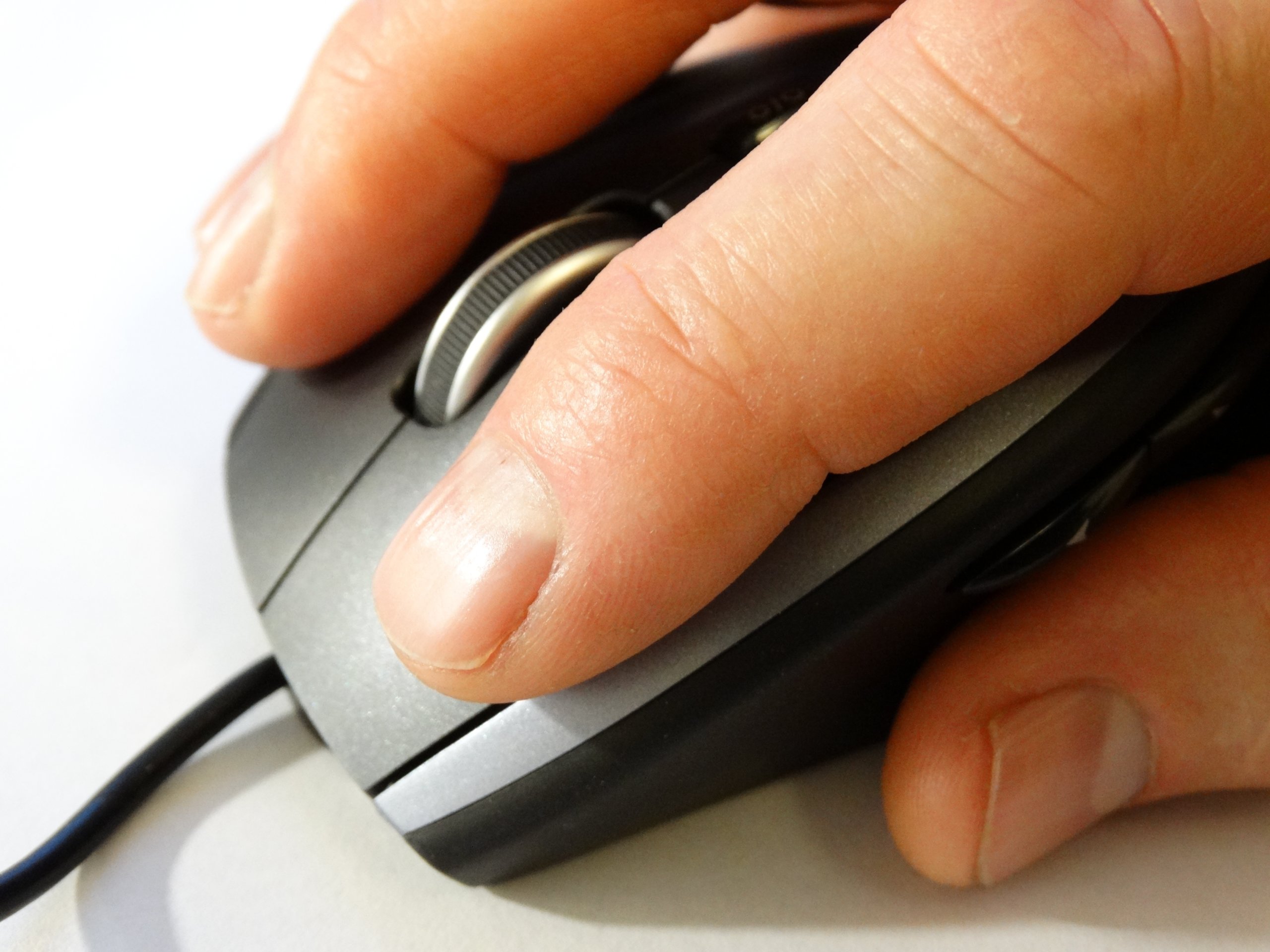 In a surprising twist of events, Twitter is helping to improve the quality of life for people with diabetes and other health issues.
In a surprising twist of events, Twitter is helping to improve the quality of life for people with diabetes and other health issues.
According to the researchers at the University of Utah Health, health communities are congregating on Twitter to share useful information about emerging technology, like the OpenAPS (open source artificial pancreas).
Hacking the (Human) System
It’s not just patients who are using the San Francisco-based social media platform, though; doctors and regulators can check-in to see patient feedback, suggestions, and other needs for the next iteration of their products.
The OpenAPS technology combines two different diabetic technologies together: continuous glucose monitors (CGM) and insulin pumps. OpenAPS isn’t an official technology since it was hacked together by a group of patients; someone figured out how to get their CGM to talk to their insulin pump, automating medication release when the body needs it.
The result is an artificial, self-regulating pancreas.
“Citizen scientists from all over the world are coming together to enhance existing diabetes technology. They are not waiting for solutions. They are making solutions to help themselves manage their diabetes with more ease,” says Michelle Litchman. Litchman is an assistant professor at the College of Nursing at the University of Utah, and she is the first author listed on the report.
A Numbers Game
To quantify the impact of Twitter on the diabetic community, researchers sifted through over 3,000 tweets from January 2016 to January 2018 with the hashtag #OpenAPS. They were able to group the tweets into five different categories, including daily stress reduction and OpenAPS’s perceived safety.
According to Litchman, one of the researchers says these tweets are incredibly valuable for doctors and regulators to plan ahead for future diabetes medications and products. When we talk about advancing MedTech development, open-source products and community-generated information are not exactly popular methods for creating better treatment plans.
But this Twitter-based community of diabetes patients are onto something special it seems: knowledge-sharing in an incredibly complex and personal domain. A grassroots effort like this could set the bar for other health condition communities.
The community continues improving their open-source code, sharing ways to use the devices better in specific situations, and discussing any consequences of creating OpenAPS. What do you think about this combination of two medical technologies? Is it safe to utilize open-source code in a medical capacity? Only the future will tell.





